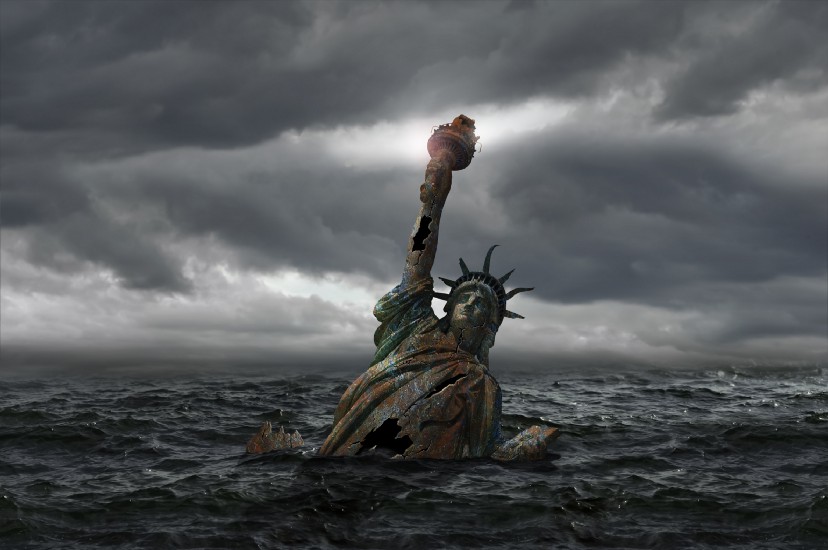
Where did the west go wrong?
What made the world so different 90 years ago?
Recently I finished re-watching ‘The Waltons’ – a 70s TV series about a large Virginia family during the Great Depression.
Based on the real-life stories of its creator Earl Hamner, the show followed the trials and joys of the family over that difficult time and over its nine seasons it sensitively covered an extraordinary range of topics including racial prejudice, family violence, women’s rights, pacifism, land rights, juvenile crime, religious differences, infidelity, and even antisemitism.
Yet despite these challenges two things are apparent as being core to the entire series. The first is the sense of optimism and hope that permeates the story – even at a time when you’d have thought there would be little to be hopeful about. The second is the centrality of the family’s faith to their identity and their outlook on life. While that faith is never laboured, it’s an ever-constant theme which shapes and explains everything which happens to them and directs their interactions with the people around them.
None of this was unique to the Waltons or the US, of course. The key defining feature of most western societies of the time was the role of faith in encouraging individuals to confront their own shortcomings before looking for the faults in others. As a result, it’s impossible to watch the show without being uplifted by its humility, decency and its unshakable and enduring belief in a better future.
Because of this, the show also provides a rare insight into just how far society has declined over the past 90 years. Today, under the thin and superficial veneer of a society which claims to be concerned about the environment and human rights lurks a pervasive individual selfishness in which laws, institutions and social conventions are manipulated by those on both sides of the political fence in an effort to shape the world in our own image rather than that of the God who created it.
If you doubt that description – consider what we have become. We teach our kids that there is virtue in casual sex when they are young and that, somehow, the ‘right’ person will just emerge from this approach; we have confused them about the basics of sexuality and gender; we treat hardened criminals, including sexual predators, as ‘victims’; we have become desensitised to the portrayal of filth and violence of all kinds and we have allowed it to permeate our societies so completely that even a small child can easily be exposed to it; we have replaced common sense around gender, climate and economics with bizarre ideology; and we look for others to blame for our lot in life rather than looking within, to find the real source of most of our failings.
So, when did western society go so horribly wrong? How did we get to a point where we now call evil, good and good, evil?
The answer to that lies squarely with the decades long campaign to banish faith and replace it with a form of humanism which elevates man’s (and womans) ability to solve the world’s problems.
After 90 years of this experiment, I think we can now safely say that that approach has failed.
Subscribe for free
Discover more from ashleychurch.com
Subscribe to get the latest posts sent to your email.
